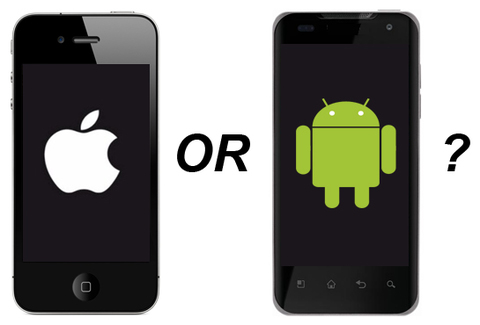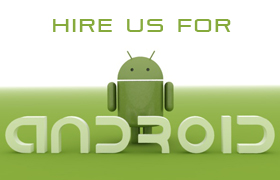
As per one of the surveys of Infinum, the Android versions of the apps required 38% more coding than the iOS versions. It also published an article signifying the differences between developing an Android device applications and the same for iOS device. Approximately, another project needed only 5,000 lines of code on iOS used over 14,000 lines on Android i.e. the largest of the six projects only had 6% more lines of code on Android vs. iOS. Also, Infinum ascertained that they were expending ~30% more time developing on Android than on iOS. It is surprisingly found that if a company is hiring a development to build an app, they’re often going to have to pay more for Android applications because it takes more time for the team that ultimately equals more billable hours.
Read More: Should you buy iPhone 7 or not?
Codes of Android are written in Java, which is simpler than Objective-C or Swift. Moreover, Android emulators are slower than iOS simulators. This is just a factor that slows down the overall development. XML layouting – on android, layouts are primarily written manually in XML, so WYSIWYG techniques are used less than on iOS.
I have adjudicated to address this topic slightly differently. I will begin with the various and with those data points delineated, I'll enclose with some ideas for when to start with one platform and when to move to the next platform.
iOS users are more likely to update their OS, allowing devs to stop supporting older devices sooner.
This is one of the reasons of why iOS developers are not as confused as android developers. Well, android developers have their adroit skills undoubtedly but this race is won by iOS developers.
Overall, iOS apps tend to earn more revenue than Android apps.
The factor that always hurt android developers because people are mostly habituated of using free android apps and there has been a custom in iOS apps that they will have some minimum amount for the extra ordinary applications to use from the App Store.
For consumer startups, generally start with iOS first. Move to Android when you've hit critical mass.
Read More: Are You Planning iPhone Apps Development? How To Hire The Right Development Company
Just as all the famous applications, it goes with the consumer startups too. All the first version apps comes primarily on App Store. It is a reliable stage to launch the applications.
Compared to Android users, iOS users typically engage more and spend more per app.
A survey by PCWorld shows that android users are not as interactive as iOS users and the result becomes transparent why iOS apps are more engaging. Thus, every iPhone app development company takes good care of this factor than an Android development company.
Generatlly, iOS potential users have higher education levels, more engagement, higher income, and spend more per app. That obviously does not mean that those who have those same characteristics won't carry an Android device. Rather, this data is indicative of the general Android population.
The reason generally comes back to the learning element mentioned above. Even when pockets are deep, unless an app is dead simple, it will need to go through a series of iterations before it becomes the right experience for its audience. If you have other data points you look at when addressing this subject, have more updated data, other scenarios worth mentioning, or anything else that can help answer this question.


 RSS Feed
RSS Feed
